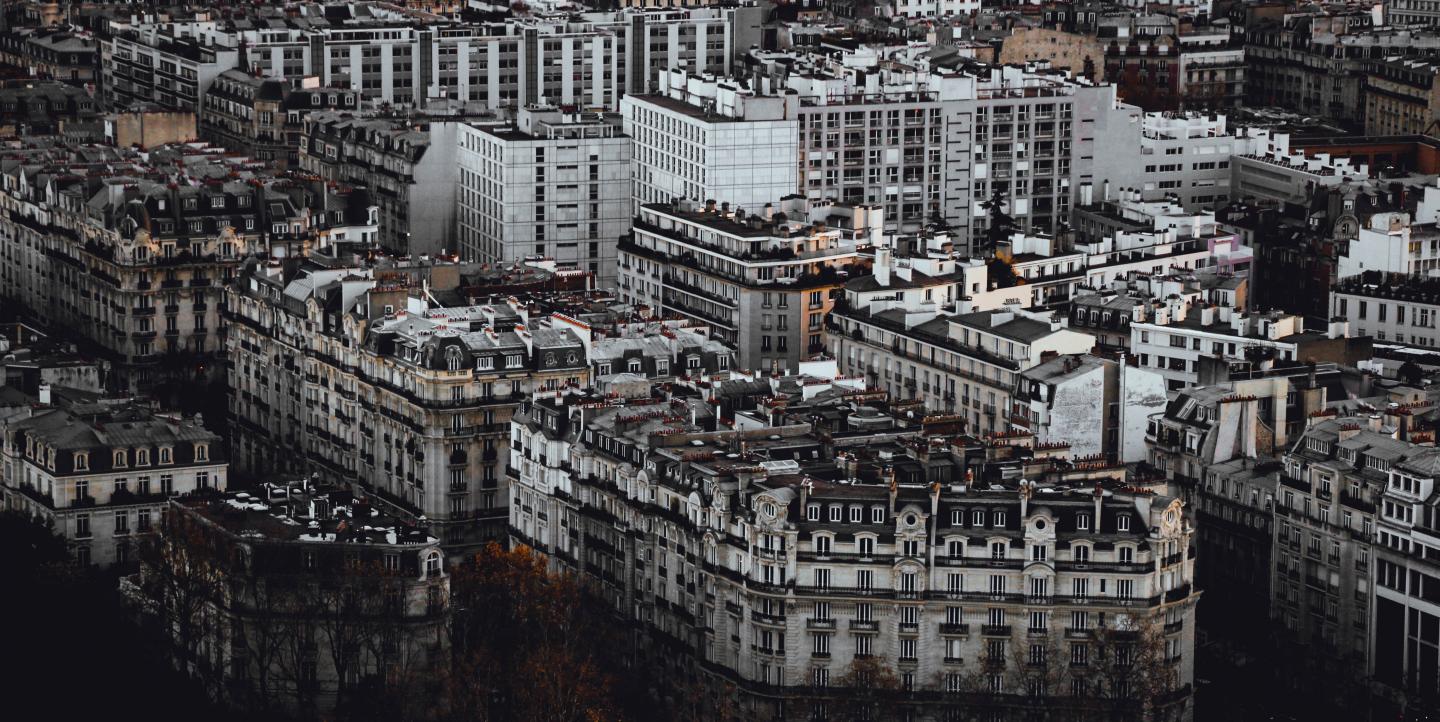African journalists who are refugees in France arrive in the country hoping for better opportunities. What they often find instead are professional challenges, in addition to cultural and linguistic obstacles.
Many encounter in France a media industry and culture significantly different from their own. They must learn new professional skills, for example, and master technical tools for print, web and broadcast media.
"In France, journalists multitask more and more. They have to know how to do everything. The range of skills is widening, which means that there can be this gap. Some journalists manage to find a small place for themselves, but they remain fringe occurrences," said Darline Cothière, director of the Maison des journalistes, an organization that helps exiled media professionals in France. "Sometimes people think that if they go to another country like France, it will be easy to continue working in their new host country. But it is often very difficult because for some there is the language barrier, and it is also a very closed sector — there are very few jobs for journalists.”
Leaving journalism behind
Guinean journalist Alpha Kaba arrived in France in 2016 after going through "Libyan hell" as he described in his book, “Slave of the militias, journey to the end of Libyan hell.”
Having dreamed of continuing to work as a journalist far from his native Guinea, Kaba was disillusioned. "I was surprised to see that it is quite a struggle to survive, let alone work as a journalist in France. Usually, people tell me I have an African accent. I've met quite a few media outlets that have said the same thing," he said.
[Read more: Tips for reporting on migration during the pandemic]
Kaba now works as a security guard at the French Office of Immigration and Integration in the city of Bordeaux in southwestern France. The job, which he secured after a few weeks of training, provides stability in his life. "I worked in a warehouse but it didn't suit me. I was in the building trade for three months but I stopped because I found that it wasn't for me. I ended up choosing security because I need to pay my bills," he said.
To stay in touch with the media world, Kaba volunteers at La clef des ondes, a local nonprofit radio in Bordeaux. Every Saturday, he hosts a program called L'Afrique en question (Africa in question), which he named after the radio show he led back home. His wish is "to be able to return to Guinea freely to practice journalism."
An unfortunately common tale
Kaba is not alone in his struggle to find work in the French news industry. Many African journalists have faced significant challenges finding a spot in a newsroom upon arriving in France. Others have abandoned their journalism careers altogether.
Burundian journalist Diane Akizimana has been a political refugee in France for seven years. She initially arrived for a month's training at the Centre de formation des journalistes, but during her stay the political situation in Burundi deteriorated significantly. She made the difficult decision to stay in France, without her husband and three children, who were only able to join her after a few years.
Akizimana took on babysitting jobs and temporary contract work to make ends meet. She is now a hostess for unaccompanied foreign minors at the Red Cross.
"Frankly, this job is just to get by. I won't lie to you, journalism is a very closed world, difficult to enter,” she said. “I have done a few articles and interviews through the Maison des journalistes, but I never believed I would be accepted in this world. It's very difficult when you're a political refugee. I didn't study in France, I'm not French and I feel left out.”
[Read more: Togo-based media organization prioritizes environmental coverage]
The Maison des journalistes
Akizimana was fortunate to have been referred to the Maison des journalistes, which took her in for a year. "I spent two or three months sleeping in different hotels thanks to emergency medical assistance services. But when I joined the Maison des Journalistes, that's when I first experienced a moment of stability,” she said.
Founded in 2002, the Maison des journalistes offers exiled media professionals accommodation, social and legal assistance, and administrative support. The journalists housed there also have the opportunity to stay in touch with journalism by writing articles for their website, L'œil de la Maison des journalistes.
More than 400 journalists from 70 countries have passed through the organization since its creation. Forty percent hail from the Middle East, 28% from sub-Saharan Africa and the remaining 30% from Asia, North Africa and the Caribbean.
Unfortunately, statistics on the number of journalists who leave the news industry are inconsistent, and as a result a full picture is incomplete.
While they may occasionally be able to freelance, this can be hard to make a living off — and not all journalists are fortunate enough to benefit from the support of an organization like the Maison des journalistes.
Kpénahi Traoré is a journalist from Burkina Faso working at RFI in France. A graduate of l'École supérieure de Journalisme (ESJ) in Lille, she is the former editor-in-chief of RFI Mandenkan. Traoré is also the creator of the podcast "Bas les pattes" which interrogates women's place in African societies in the #Metoo era.
This article was originally published by our French site. It was translated to English by Sedera Ranaivoarinosy.
Main image CC-licensed by Unsplash via Lina Silivanova.

